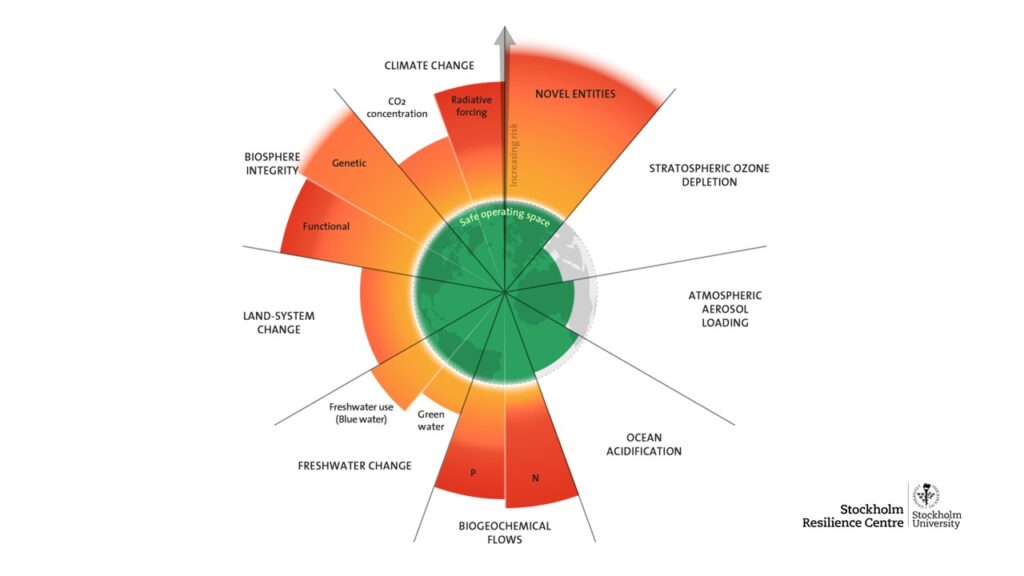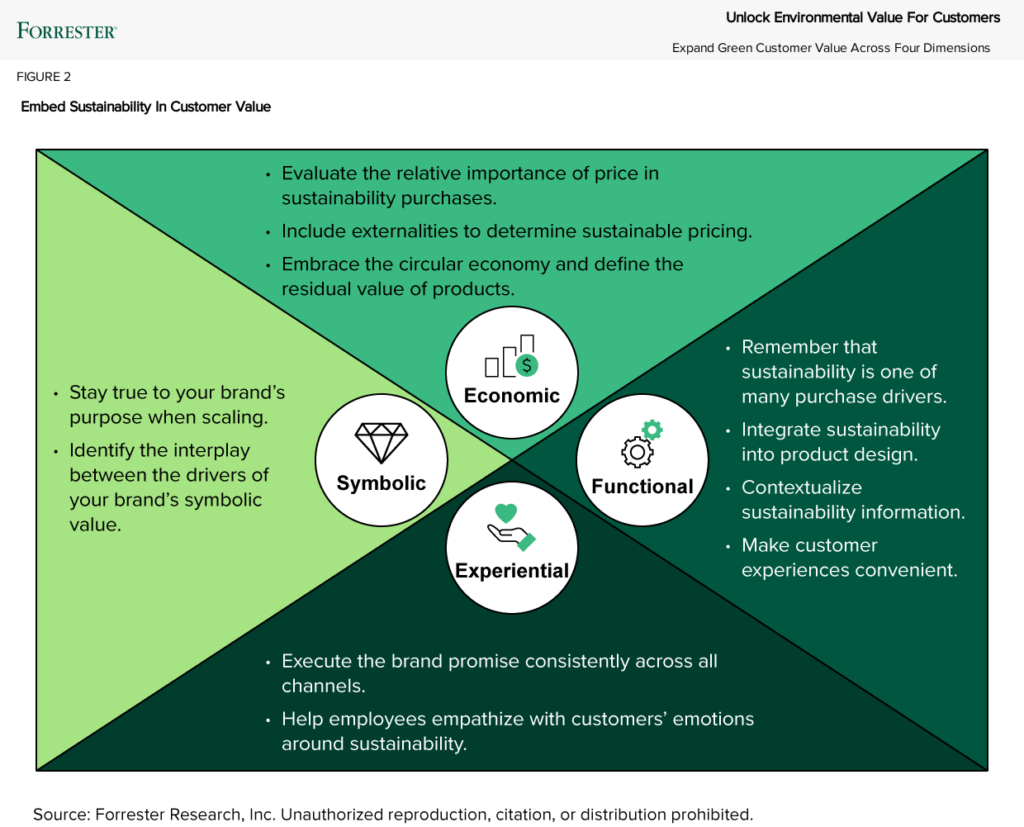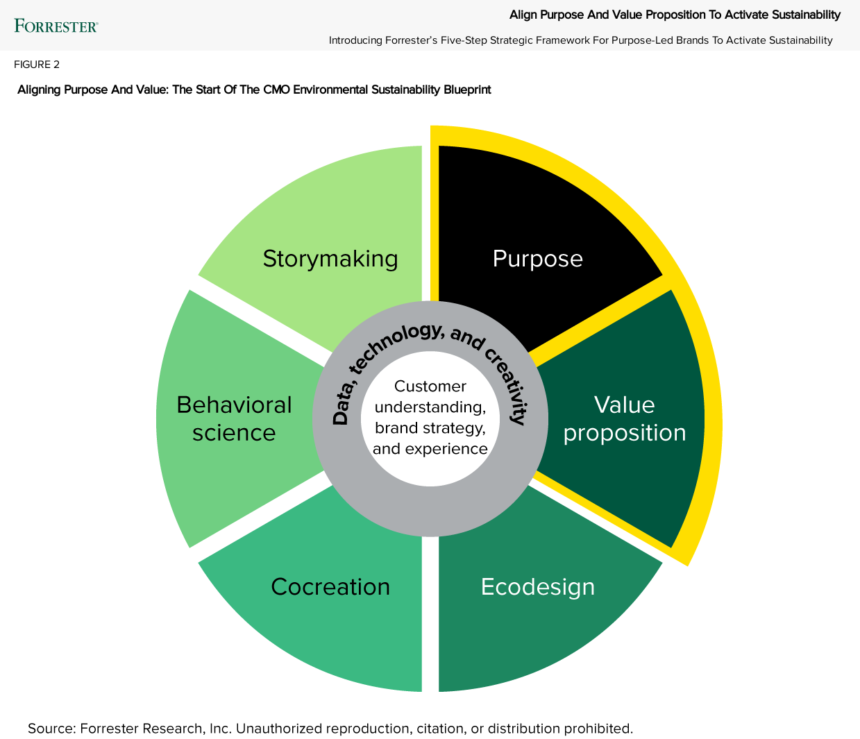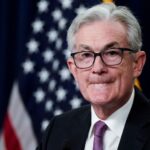Over the past few years, many firms have defined or revisited their purpose — their reason for existence and how they contribute to society and to the planet. The number of B Corps has grown from about 1,000 in 2016 to over 7,000 in 2023. In France alone, more than 1,000 firms, including large corporations such as Danone, have become purpose companies under the new PACTE Law. The notion of purpose is still confusing and polarizing for many business leaders, however.
As the green market revolution accelerates, we expect more companies to join the movement. But customers are savvy, and such firms face risks to their business if they don’t deliver on their promise. To make environmental sustainability a tangible reality, purpose-led companies must first ensure that customers get value, knowing that business and societal value will follow. To avoid accusations of greenwashing and truly tap into new market opportunities, B2C CMOs should accelerate the implementation of a new environmental sustainability blueprint. The starting point is to align your purpose and value proposition.
For this new research, I had the opportunity to interview many companies and executives, and a few points really struck me. I realized taht many CMOs and other C-level executives do not really understand what’s really at stake. Be honest: Can you name the nine planet boundaries and which ones have already been crossed? (See the below graphic.) Many CEOs don’t think of the impact of low-carbon emissions on biodiversity, take the time to read about IPCC findings, or even know what IPCC stands for. “There’s a huge need for education on all environmental scientific facts and what they imply for businesses,” according to Antoine Denoix, CEO at AXA Climate.

Also, I realized that emboldened CMOs are much more likely to contribute to the sustainable agenda because they consider it a strategic opportunity. “I was very close to the founders, owned innovation and R&D on top of marketing, and my sustainability team led the development of the integrated environmental and societal P&L,” Andrea Alvares, former chief brand, innovation, and sustainability officer at Natura, told me.
Aligning your value proposition to your purpose often requires bold decisions to shift your business model. Mustela, an independent cosmetic brand, embraced a regenerative business model by deciding to stop selling baby wipes by 2027 — a polluting product that generates 20% of its business today. Nexans, a €6.7 billion B2B cable company, has embarked on a circular economy journey, shifting from volume to value. Neste, a Finnish company with €25 billion in revenue, completely reshaped its value proposition to become a renewable energy champion.
When it comes to environmental sustainability, we recommend that CMOs get involved in the five strategic steps below:
- Educate yourself and your board on environmental issues.
- Create the right strategic framework via a double-materiality assessment
- Involve all stakeholders to co-create your unique company purpose.
- Activate your purpose with an authentic brand framework.
- Align your value proposition to your purpose.
My colleague Maxie Schmidt has been advocating that value for customers is a perception of what B2C or B2B customers get versus what they give up across four dimensions: economic (“money”), functional (“usefulness”), experiential (“interactions and sensations”), and symbolic (“meaning”). Customers purchase from your company if the trade-off between what they give up and what they get is balanced or works in their favor. For example, your customers may be willing to put more effort into working with your company (lower functional value) when they get a discount (higher economic value). Or your customers may buy from another company despite high prices (lower economic value) if they know they’re contributing to protecting the environment (higher symbolic value).
We’ve been revisiting this notion through the lens of environmental sustainability to understand how firms can unlock environmental value for customers:

Clients interested in knowing more can:








